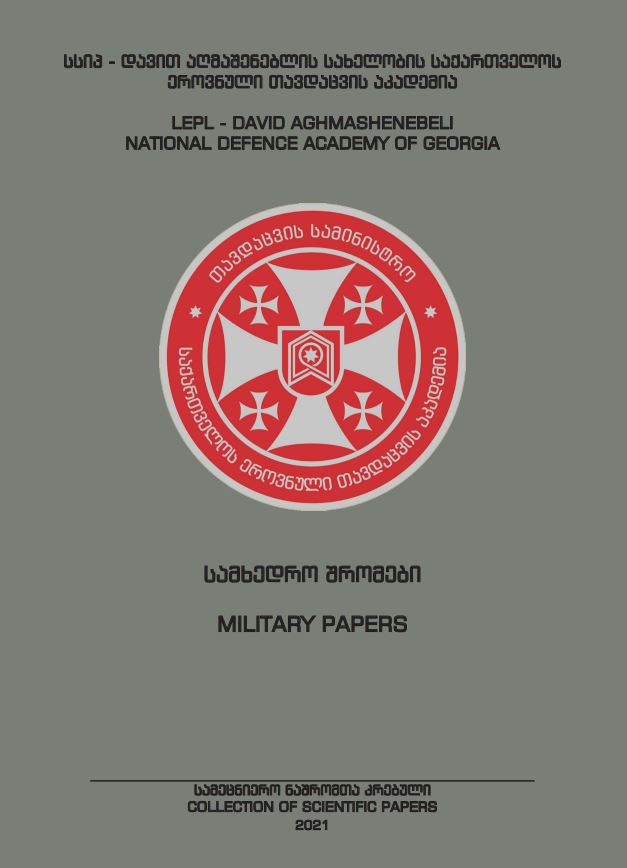Nato’s New Strategic Concept After The Cold War
Main Article Content
Abstract
The research describes and analyzes the new strategic concept of NATO after the cold war environment. Since the dissolution of the Soviet Union the organization has undergone tremendous changes, it made completely different political moves. The policy of the alliance shifted from the collective defense to the collective security. Peacekeeping operations, ensuring security and stability in non-member states, has become the significant strategic concept of the alliance.
The breakup of Yugoslavia was followed by the declaration of independence in Bosnia and Kosovo. The declaration of independence was rejected by the Bosnian Serbs and the ethnic conflict broke out across the country. Without the involvement of international organizations, it was almost impossible to deal with the crisis. NATO implemented the new, effective strategic concept and conducted the most significant peacekeeping operations in the conflict areas. Military involvement of the alliance made a great contribution in maintaining peace, establishing sovereignty, and ending the confrontation in the conflict regions. The Yugoslavian crisis represented the new challenge for the alliance to strengthen its effectiveness, responsibilities, and capabilities. In closing, in the contemporary world NATO is undoubtedly the main military guarantor of peace, security and stability.
